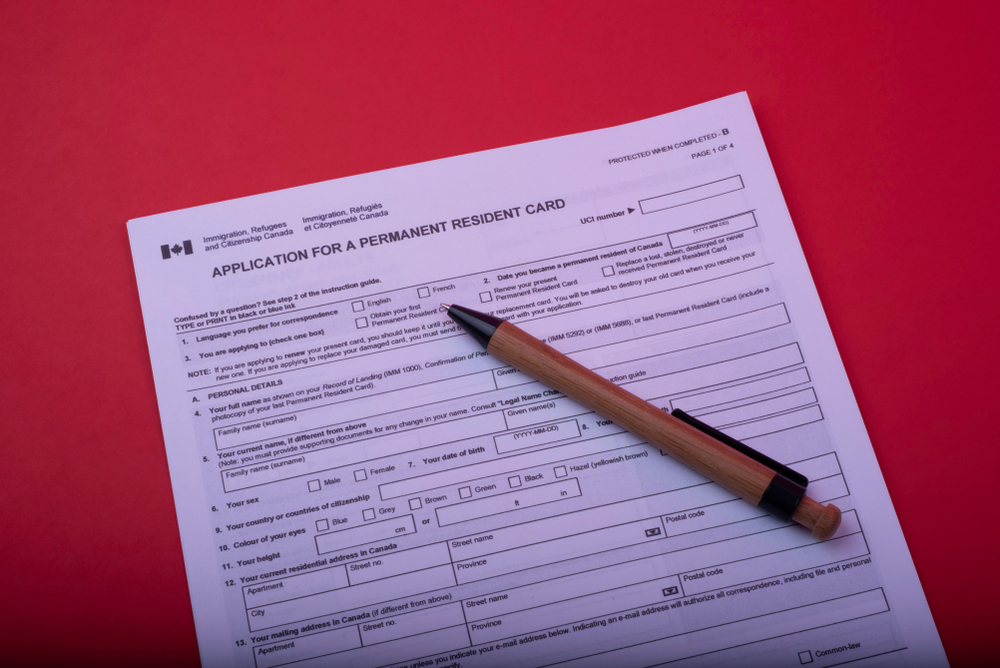Canada continues to attract a significant number of immigrants over the years. The immigrants have settled in Canada through multiple platforms provided by the Canadian government. However, the rate of spousal immigration has significantly risen, allowing people to invite their spouses and settle with them in Canada. Consequently, Immigration, Refugees, and Citizenship Canada (IRCC) is now processing higher spousal immigration applications and is committed to increasing the processing through the years.
During the onset of the coronavirus pandemic, the IRCC processed fewer applications. The country planned to welcome to bring onboard 70,000 immigrants through spousal immigration partners and children category. Under this category, wives, husbands, and partners of Canadian citizens can relocate to Canada through their partners’ invites and sponsorships. Permanent residents are also empowered to invite people to the country by adhering to Canada’s immigration laws under this category.
 Eligibility for Sponsorship
Eligibility for Sponsorship
The ability to invite your wife, husband, or partner to Canada is governed by a set of requirements that must be fulfilled. These are;
A Canadian Citizen or a permanent resident can sponsor their partner, spouse, common-law partner, or even conjugal partner. In instances where the Canadian citizen is overseas, they must prove their intended plans to move back to Canada and be with the person they are sponsoring.
Sponsors have to be 18 years and above and prove that they are not recipients of social assistance for reasons other than disability. They are further required to show the ability to cater to the financial needs of their invited spouses.
It is a must for the spouses to be legally married and at least 18 years for the sponsorship to be accepted.
When inviting a common-law partner, they must have hit the 18 years mark, and they need to have lived with you for a minimum of 12 months.
Like common-law partner requirements, inviting a conjugal partner requires them to be at least 18 years and be in a relationship with the sponsor for at least 12 months. Additionally, they must reside outside Canada, and some obstacles have blocked the two people to be together in the partner’s country.






